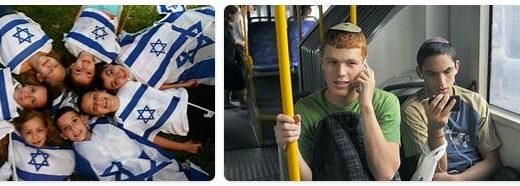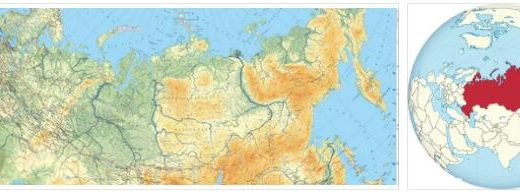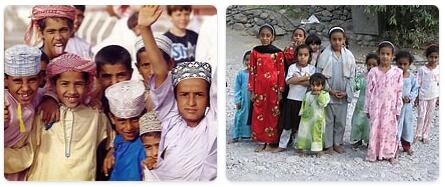Sri Lanka 2014
Yearbook 2014
Sri Lanka. The year was marked by religious contradictions and violence between mainly extremist Buddhists and Muslims. Sri Lanka population in 2020 is estimated at 21,413,260. The country was hit hard by drought. The government announced that it will not let UN staff into the country and announced presidential elections until January 2015.

At the beginning of the year, the harvest was hit hard by drought, which among other things affects the quality of the tea, Sri Lanka’s most important export product.
In March, the UN Human Rights Council passed a resolution calling for an international investigation into suspected human rights violations from both sides during the end of the civil war in 2009. At least 100,000 people died during the war, which came to an end when government forces defeated the Tamil rebels LTTE (Tamil Tigers). According to a previous UN investigation, as many as 40,000 people may have been killed during the last five months of the war, a task that has been denied by the government. At the end of the month, provincial elections were held in the Southern and Western provinces. The ruling UPFA (United People’s Freedom Alliance) won in both provinces but lost unexpected ground compared to previous elections.
In April, the police launched a new unit to work on religious hatreds following increased conflicts between religious groups, including after the Buddhist extremists’ attacks on supporters of other religious groups. About 70% of the population are Buddhists. The second largest religious group, about 10% of the population, are Muslims. Other religious groups are Christians and Hindus.
In May, the fifth anniversary of the government forces’ victory over the Tamil rebels in the 2009 civil war was celebrated with a military parade in President Mahinda Rajapaksa’s hometown of Matara. Memorials for fallen Tamils were stopped. Buddhist nationalist group Ravana Balaya objected to the new police unit by occupying a government building in Colombo.
In June, at least 22 people died after floods and landslides caused by heavy monsoon rains. In June, police announced a temporary curfew in the two coastal cities of Aluthgama and Beruwala to curb violence between Muslims and supporters of the radical Buddhist brigade (Bodu Bala Sena). Military was called in and tear gas was used. Four Muslims were killed and more than 80 people injured. At least nine stores and 40 houses were destroyed and three mosques were attacked. Police said they arrested 25 people.
In July, Australian Immigration Minister Scott Morrison confirmed that Australia’s coast patrol picked up 41 boat refugees from Sri Lanka and then handed them over to Sri Lanka. The document was criticized by the UNHCR and human rights groups. Shortly thereafter, the Australian court prevented Australia from returning another group of asylum seekers consisting of 153 people.
In August, a ten-month drought was reported to have caused a lack of clean water for one million people in the affected areas. President Rajapaksa announced that the UN employees who will investigate suspected war crimes in the years 2002-09 will not be admitted into the country.
In September, provincial elections were held in the Uva province in the southeast. The ruling party UPFA received 51% of the vote, but declined sharply compared to previous elections. The largest opposition party UNP (United National Party) advanced strongly. Burmese monk Ashin Wirathu, leader of the Buddhist anti-Muslim movement 969, visited Sri Lanka in September to start a collaboration with like-minded people in the country. During the visit, he spoke to thousands of people in Colombo.
In October, the government announced presidential elections in January 2015, two years earlier than planned. The railway line between the largest city of Colombo and the war-torn Jaffna was reopened by President Rajapaksa. The railway had been shut down for more than 20 years because of the civil war.
According to topb2bwebsites, heavy monsoon rains caused a large landslide in central Sri Lanka at the end of October. At least a hundred people were killed and about 150 houses were buried. The landslide also blocked roads and the railroad used by the tea plantations. The government sent 700 rescue workers to the area.
In November, Health Minister Maithripala Sirisena announced that he will challenge President Rajapaksa in the January 2015 presidential election. Several important posts in Sri Lanka are held by family members of the President. Five other members of government supported Sirisena, as did the opposition party UNP and former President Chandrika Bandaranaike Kumaratunga. At the beginning of December, 18 other people had announced their candidacy for the presidential election.


